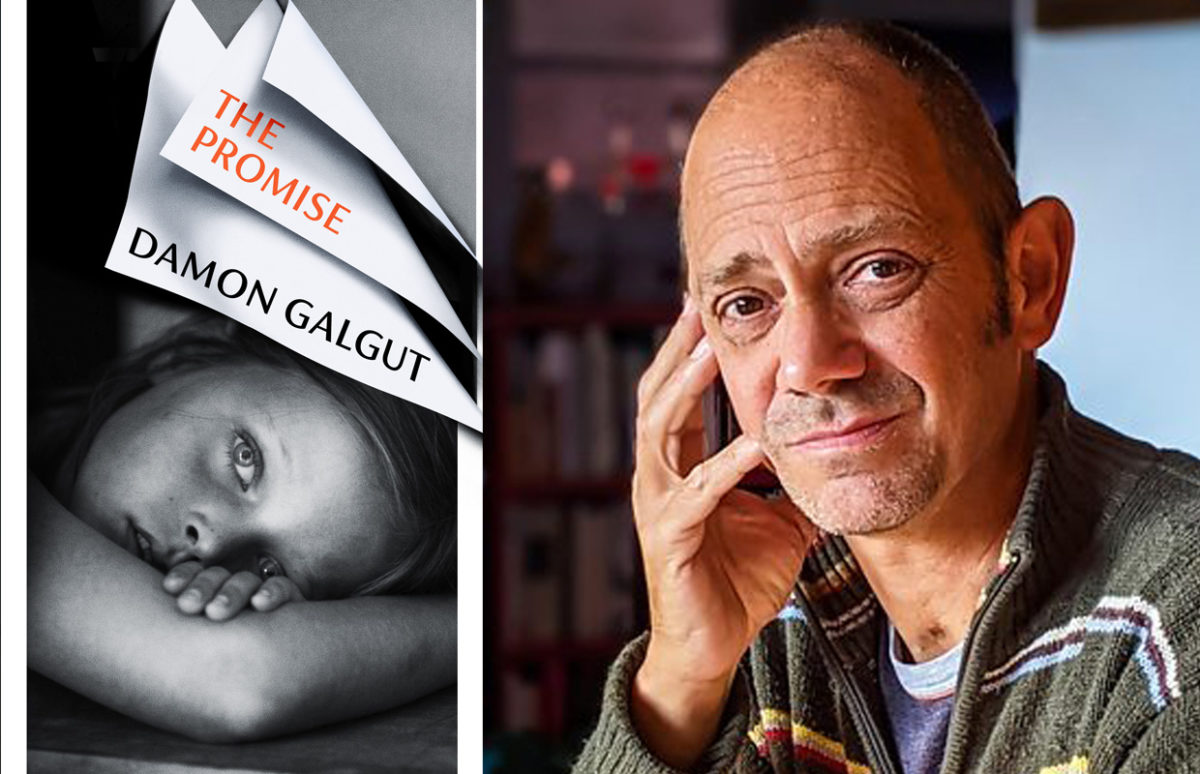Damon Galgut had been shortlisted twice before but 2021 was third time lucky. His novel The Promise mixes the history of a family and his country over four decades. The titular promise shows up power, class and racial divisions in South Africa.
Galgut, who was born in 1963, explicitly connects the novel to the political upheavals he has lived through in his adult life, explaining that the book is structured around four funerals in four decades with four different presidents. It starts in the 1980s under apartheid and moves up towards the present, through different ANC presidents.
The book centres round a white South African family in Pretoria, where Galgut grew up. Ironically, the family is named Swart, the Afrikaans word for “black”. On her deathbed, the mother, Rachel, apparently makes her husband promise that he will give their housekeeper Salome the ramshackle house she occupies on their property. But not everyone in the family views this promise as binding, or even real.
Switching Points-of-View
Galgut, who is also a playwright and screenwriter, broke off from the first draft of The Promise to work on a film script and credits that with giving him the idea to structure the novel cinematically. He says he realised, “The narrator could behave like a camera, moving in close and then suddenly pulling far back, jumping from one character to another in the middle of a scene, or following some side-line of action that has nothing to do with plot. In film, the point-of-view jumps and changes all the time – why not in a novel? I’m fascinated as a writer by the edge of the map; by things that are not said.”
Although there is a cacophony of voices in The Promise, the one whose voice is heard least is Salome. Galgut says it was a deliberate choice, "The point to be made really is that a woman like Salome — a rural, uneducated black woman — is somebody, even in the new South Africa, who still has no voice. And I wanted that to register as almost a physical fact."
Interestingly, it is precisely the small exposure of her voice that was chosen by Christine Ubochi by one of the three directors, graduates of New Creatives scheme run by the Arts Council and the BBC, to make one-minute dramatized extracts of the six shortlisted books.
Beware of Happy Endings
Galgut doesn’t offer an easy resolution at the end of the novel, believing that real life is much messier and less comfortable. “I have a theory about the novel, which is that it evolved as a diversion for the middle-classes, who want their own values reflected back at them. In other words, good people should be rewarded, bad people should be punished, and problems should be resolved. Ultimately, a disordered universe should be set to rights. But what if good and bad are meaningless terms? What if disorder is the truth?”
And yet, for him, The Promise has led to a happy ending. Accepting his prestigious prize, Galgut commented that, “This has been a great year for African writing,” just weeks after Tanzanian novelist Abdulrazak Gurnah was awarded the Nobel Prize for Literature. Galgut continued, “I'd like to accept this on behalf of all the stories told and untold, the writers heard and unheard, from the remarkable continent that I'm part of. Please keep listening to us."
Damon Galgut reads from The Promise:
You can watch all the shortlisted authors read from their books, and the short-film extracts of the books on the Booker Prize Youtube channel and find more information about all the shortlisted and longlisted books on the Booker website. There are short extracts of all the shortlisted books in our article.
This story makes a great update to Shine Bright 1e File 16 "Born-Free South Africa"
Copyright(s) :
Booker/Chatto Windus
> Booker Prize 2021 Shortlist
> 2021 Nobel Prize for Literature Turns the Spotlight on East Africa
> The 2020 Booker Prize Goes to First-time Scottish Author
Tag(s) : "apartheid" "book awards" "Booker Prize" "literary prize" "literature" "point of view" "Shine bright 1e" "South Africa" "video"






